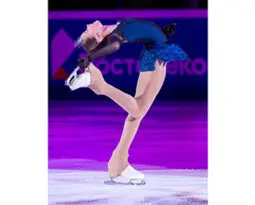Ethics and the Sports Enhancements
Selected resources from The Hastings Center.
Bioethics Briefings:
The use of performance-enhancing substances in sport is not new, but the means of enhancement are increasingly sophisticated. The public reaction to sport doping varies: some categorically condemn it as cheating while others see benefits, such as giving fans more homeruns and other entertainment. The reasons to ban performance-enhancing drugs include respect for the rules of sports, recognition of natural talents, and the prospect of an “arms race” in athletics. Read our briefing to consider: what are the challenges to understanding, identifying, and preventing enhancement in sports?
From Hastings Bioethics Forum:
- The Winter Olympics and the Doping EcosystemHere is what I find particularly sad about this Winter Olympics. Kamila Valieva is 15 years old. Her Russian coach is notorious for employing ethically dubious training techniques. Who should be punished?
From Hastings Center Report:
Making Sense of Fairness in Sports
First published: March 2010
Abstract
Cheating evolves constantly. Dozens of athletes were barred from the Winter Olympics for taking banned substances. Gene doping is on the horizon. Questions have arisen about which athletes count as “female.” What does it take to keep sports fair? And what does fairness require?
Banning Drugs in Sports: A Skeptical View
First published: August 1986
Abstract
Recent proposals to punish athletes for taking drugs or to impose mandatory drug testing cannot be defended in ethical terms. Nor is it possible to distinguish consistently between ethical and unethical uses of restorative drugs, additive drugs, painkillers, and recreational drugs. We oppose drugs in sports because they violate the majority notion of acceptable behavior. But such opposition has more to do with defending the ideals of the community than with creating policies that are ethically sound.

